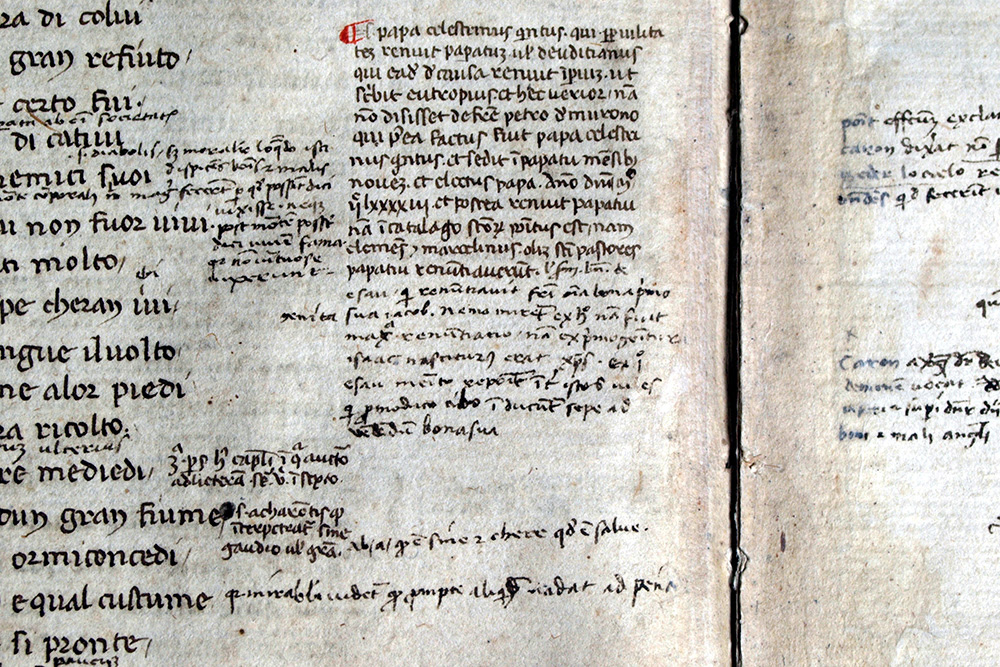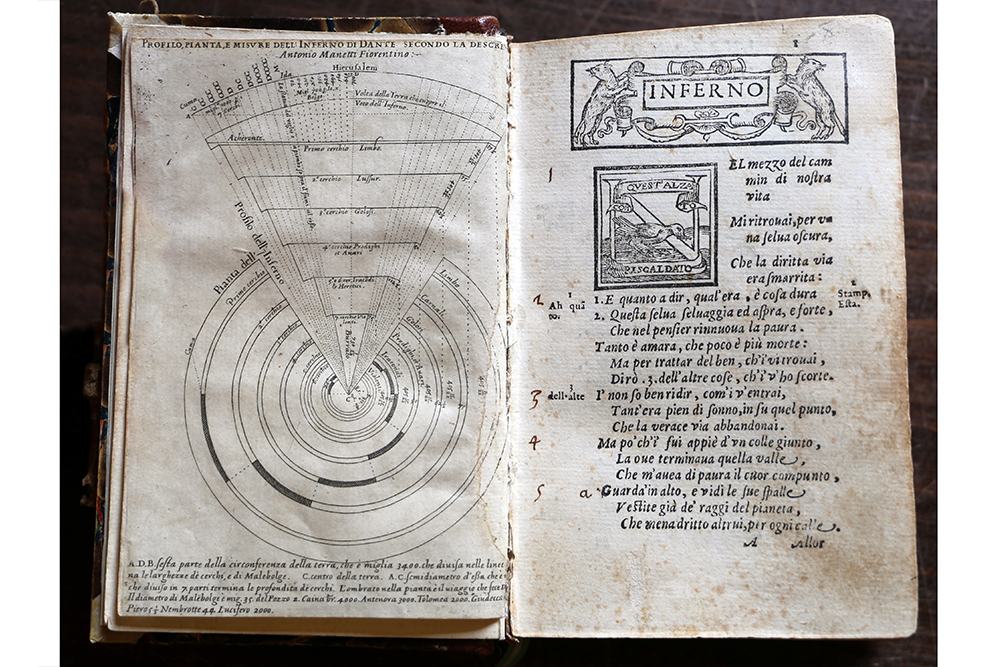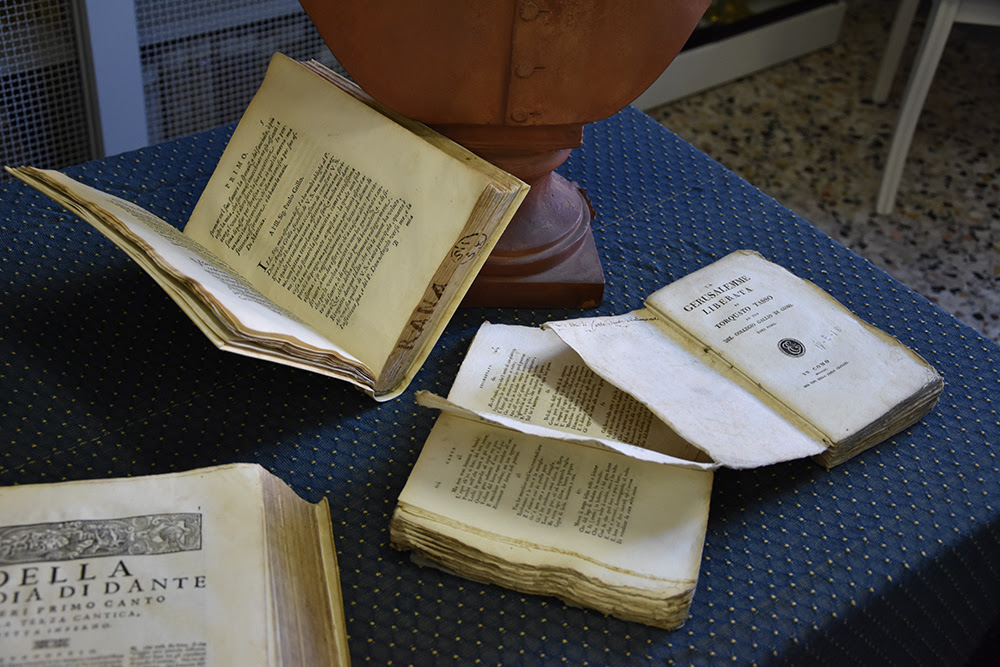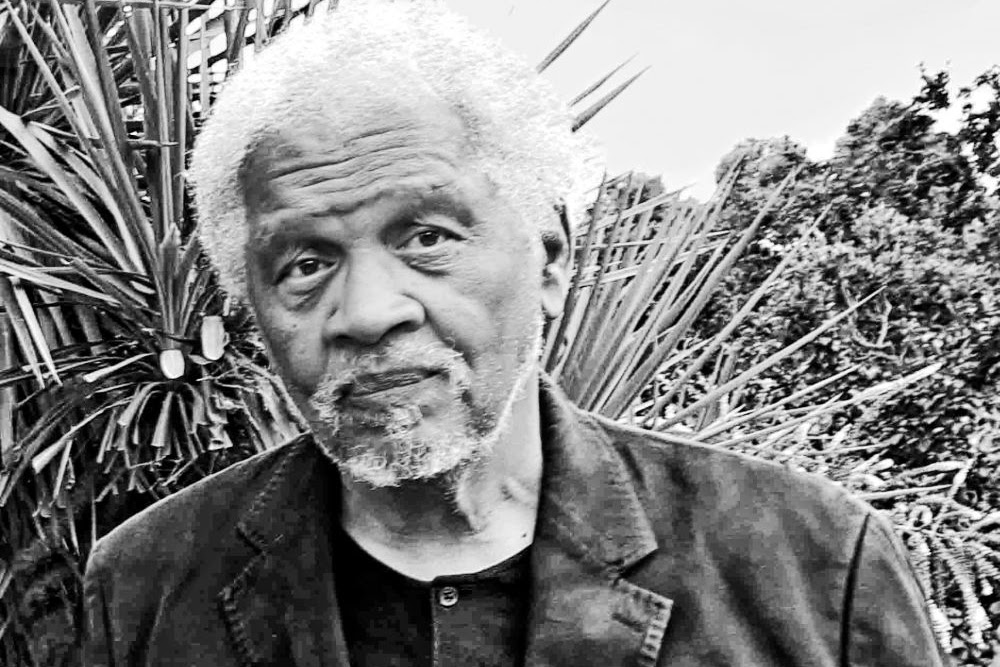Every week, the editors of The Paris Review lift the paywall on a selection of interviews, stories, poems, and more from the magazine’s archive. You can have these unlocked pieces delivered straight to your inbox every Sunday by signing up for the Redux newsletter.
This week at The Paris Review, we’re marking the seven hundredth anniversary of Dante’s death on September 14. Read on for Ishmael Reed’s Art of Poetry interview, Hans Magnus Enzensberger’s “Identity Check,” Evie Shockley’s “ex patria,” and a translation of Dante Alighieri himself by Robert Pinsky.
If you enjoy these free interviews, stories, and poems, why not subscribe to The Paris Review? You’ll also get four new issues of the quarterly delivered straight to your door.
Ishmael Reed, The Art of Poetry No. 100
Issue no. 218 (Fall 2016)
With literature you can condemn the powerful, and you can critique the powerful. Of course, Dante paid for it. He was never able to return to Florence. He died in exile. He endured a lot to speak his mind. They tell us, Don’t write about politics. You know, because the politics is aimed at them. But Dante had a political office! And some of those characters in Dante’s Inferno are political opponents of his. The same with Shakespeare. His work was political. I was reading The Merchant of Venice the other day and it includes one of the most devastating antislavery arguments ever written. So I don’t know where they get the bourgeois idea that art shouldn’t be political.

From the third Canto of Dante’s Inferno. Photo: Mario Mancini. CC BY-SA 3.0 (https://ift.tt/nyd3RQ), via Wikimedia Commons.
Identity Check
By Hans Magnus Enzensberger
Issue no. 77 (Winter–Spring 1980)
This is not Dante.
This is a photograph of Dante.
This is a film showing an actor who pretends to be Dante.
This is a film with Dante in the role of Dante.
This is a man who dreams of Dante.
This is a man called Dante who is not Dante.
This is a man who apes Dante.
This is a man who passes himself off as Dante.
This is a man who dreams that he is Dante.
This is a man who is the spitt’n image of Dante.
This is a wax figure of Dante.
This is a changeling, a double, an identical twin.

Dante’s The Divine Comedy. Photo: Sailko. CC BY 3.0 (https://ift.tt/1mmxEyy), via Wikimedia Commons.
ex patria
By Evie Shockley
Issue no. 228 (Spring 2019)
a mythology can ask why is winter so much greener than spring, even clouded in white? the icicles trail as far down the evergreens as they can, but don’t keep the wind from brushing snow and sun across the mountain on the same day. the inferno is always burning, women and men going up in flames.

Copies of The Divine Comedy. Photo: Phyrexian, CC BY-SA 4.0 (https://ift.tt/1rWN0uR), via Wikimedia Commons.
Inferno: Canto XXVIII
By Dante Alighieri, translated by Robert Pinsky
Issue no. 123 (Summer 1992)
Who could find words, even in free-running prose,
To describe the wounds I saw, in all their horror—
Telling it over as many times as you choose,It’s certain no human tongue could take the measure
Of those enormities. Our speech and mind,
Straining to comprehend them, flail, and falter.
If you enjoyed the above, don’t forget to subscribe! In addition to four print issues per year, you’ll also receive complete digital access to our sixty-eight years’ worth of archives.
from The Paris Review https://ift.tt/3El8tq6

Comments
Post a Comment